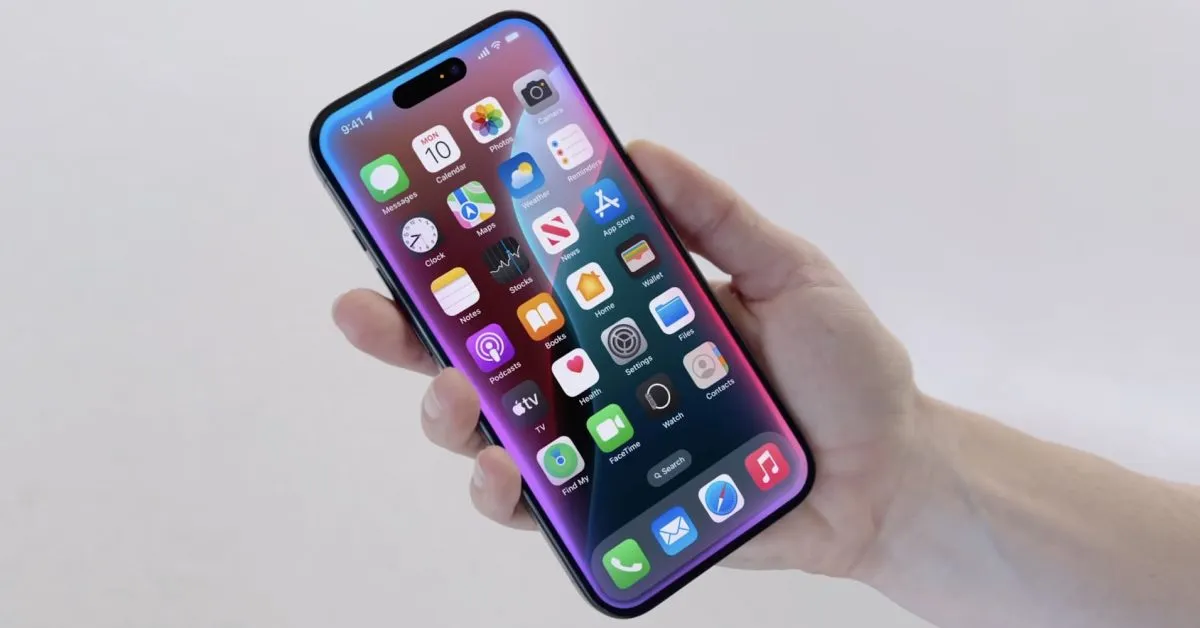
On Friday, Apple officially announced the delay of its highly anticipated iOS 18 Siri features. Originally slated for release, these features—including personal context, on-screen awareness, and in-app actions—will now be available “in the coming year.” While there were already indications that these features might face delays, the company's confirmation has raised questions about the underlying issues. What exactly went wrong with the development of these Siri features? Although Apple’s statement lacked clarity, insights from Bloomberg’s Mark Gurman shed light on the situation.
One of the primary reasons for the delay appears to be related to poor Siri infrastructure. During the development of new features for iOS 18, Apple struggled to create a unified backend capable of handling all Siri requests efficiently. Consequently, the software operates on two separate systems: one for legacy commands, such as setting timers and making calls, and another designed for more advanced queries. This division complicates the development process.
According to Gurman, the current version of Siri in iOS 18 essentially has “two brains.” The advanced capabilities of this system can utilize user data and are designed to adapt when users modify their requests mid-command. However, due to time constraints, Apple couldn't integrate these two systems in time for the iOS 18 launch. This has led to a less-than-optimal user experience, as the software does not function as seamlessly as intended.
Looking ahead, Apple plans to address these infrastructure issues with a unified system set to debut in iOS 19. However, this does little to resolve the delays for the promised features in iOS 18. The use of the phrase “in the coming year” suggests that Apple may be waiting to coincide the release of new Siri features with the improvements expected in iOS 19.
In addition to infrastructure problems, internal development challenges have plagued the rollout of these new Siri features. Bloomberg reports that Apple engineers have been “racing to fix a rash of bugs,” with many believing that the features won’t be ready until at least early next year, potentially aligning with iOS 19.3 or later. Software chief Craig Federighi has also expressed concerns that the features, in their current state, do not align with how Apple had marketed them.
According to sources who requested anonymity, there has been significant internal scrutiny regarding whether the features function properly. This has raised questions about the effectiveness of Apple’s leadership within its AI teams. Some employees are advocating for changes at the top, suggesting that without a shift in leadership, Apple risks falling further behind in the competitive AI landscape.
Overall, Apple is grappling with a multitude of technical challenges as it navigates the complexities of developing new Siri features. The company may have been better served by avoiding a rushed entry into the AI space. Concerns about leadership within the AI department add another layer of complexity, as employees voice their worries about the direction of the team. As Apple moves forward, it will be crucial for the company to address these issues effectively to regain its footing in the AI arena.
For those looking to enhance their Apple experience, consider checking out some popular accessories available on Amazon, such as:
Anker 25K Compact Power Bank with Retractable Cable MOFT Magnetic Wallet Stand (fits up to 3 cards) AirTag 4-pack (currently 30% off!) Anker MagSafe 2-in-1 Wireless Charging Stand with Qi2 AirPods Pro 2 (USB-C) SanDisk Extreme 2TB USB-C SSD (up to 1050MB/s)